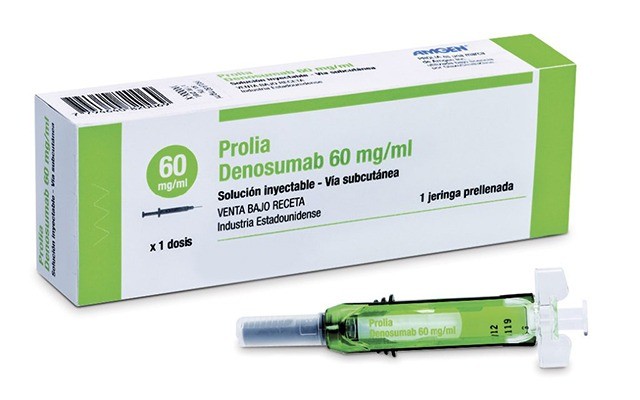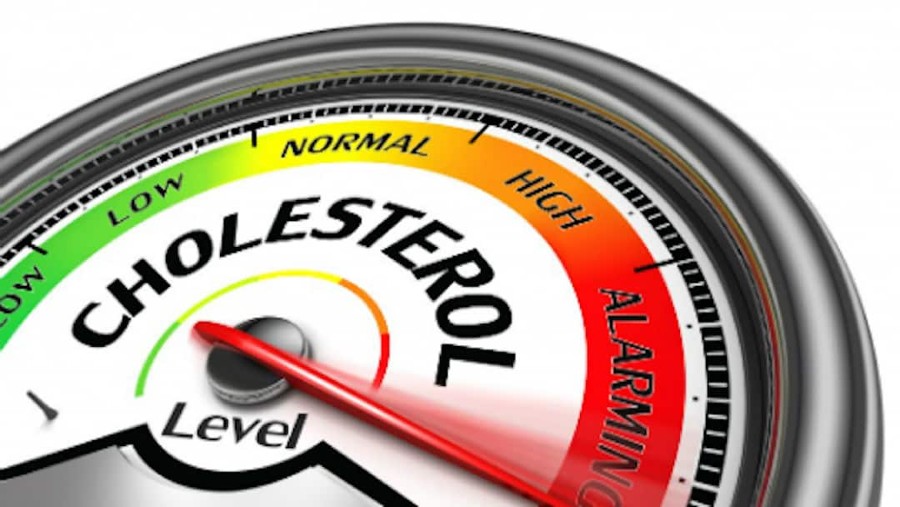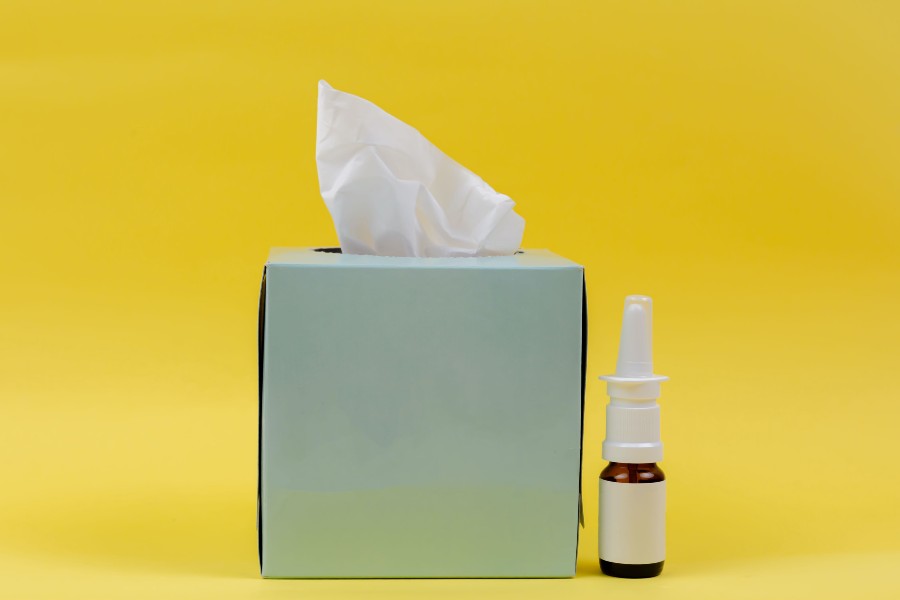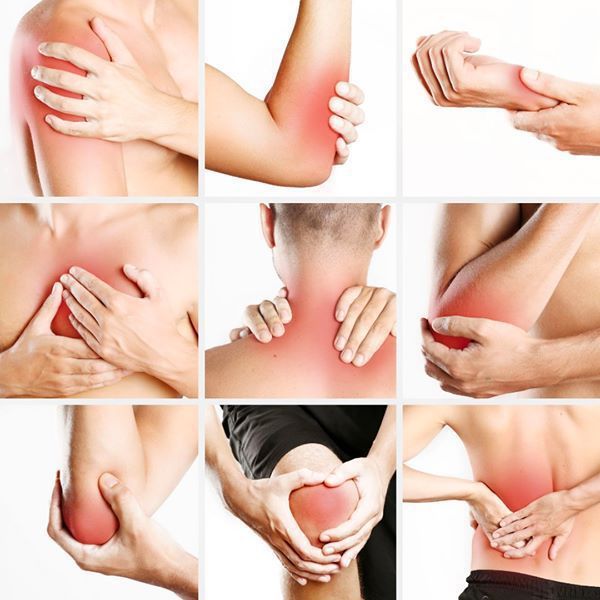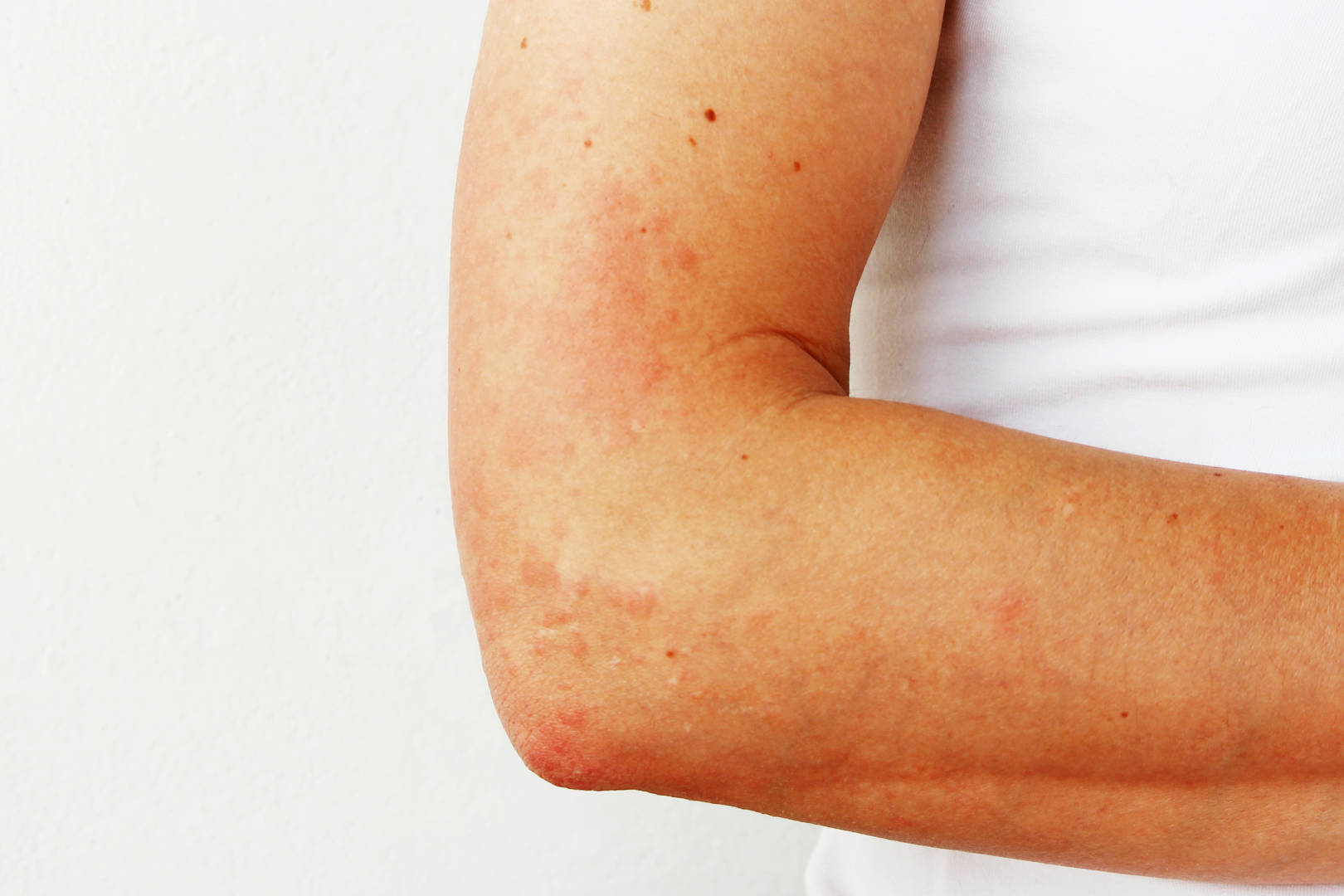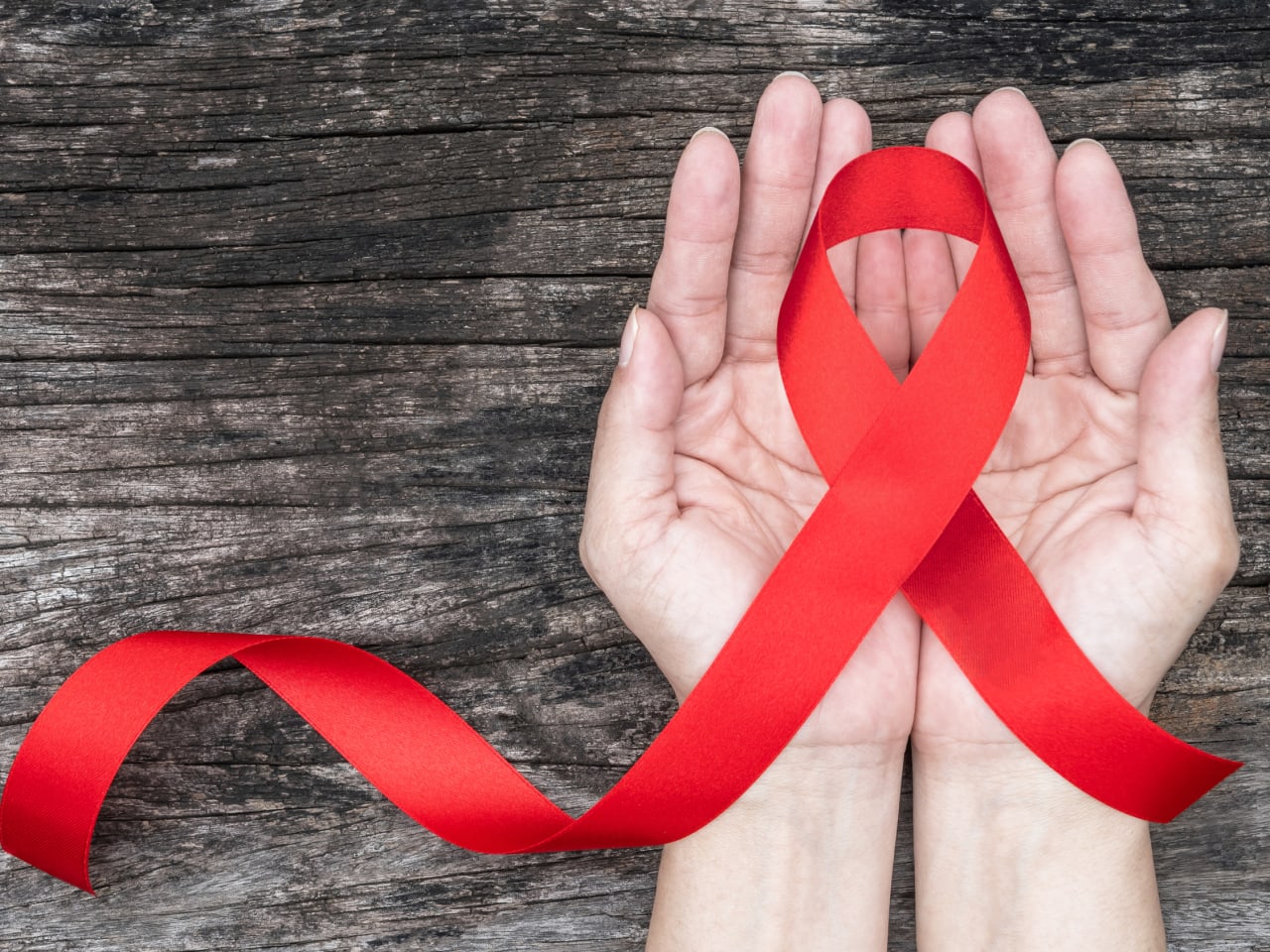Health
Popular Products To Get Relief From Eczema
Eczema and dry skin go hand in hand; if you have Eczema, your skin is dry, and if you have dry skin, you may be more prone to getting Eczema. At its core, Eczema is a dry, non-infectious and common skin condition that can lead to dry, flaky skin with some redness and itching, although in severe cases, the skin can crack, bleed, and/or form crusts.
A damaged skin barrier can also make it difficult for the skin to retain moisture, leading to long-term dryness and itching of the skin, which can cause inflammation or exacerbation of Eczema. When a person suffers from skin diseases such as Eczema, their skin needs extra moisture because the outer layer does not work properly.
Although you may need to see a dermatologist if you are dealing with a milder form, over-the-counter eczema creams may be helpful. Medications for Eczema can relieve symptoms and help the skin heal if you take them as directed. Home remedies and natural remedies soothe dry and itchy skin that accompanies Eczema. People can use creams, natural products, and diet and lifestyle changes to control or prevent flare-ups of Eczema, especially in winter when symptoms tend to get worse.
- Kamedis Eczema Treatment Cream can be applied to the face and body to soothe and protect irritated skin. The dryness that accompanies Eczema can make your skin look quite tight, but this moisturizer contains several emollients (like sweet almond oil) and moisturizers (like glycerin) that are designed to retain moisture.
- Natural substances such as aloe gel and coconut oil can moisturize dry, chapped skin from Eczema.
- When the skin is very itchy, using an antiseptic ointment such as petroleum jelly provides more relief than a cream or lotion.
- Corticosteroid pills are rarely used to treat atopic Eczema, but they can sometimes be prescribed for short periods of 5 to 7 days to help control particularly severe flare-ups. Topical corticosteroids can be prescribed in different dosages depending on the severity of the atopic Eczema and the affected skin.
To develop the most complete eczema treatment plan, it is best to talk to a dermatologist, who will prescribe topical steroids and creams to combat the irritating itching and irritation that are synonymous with normal skin conditions.

